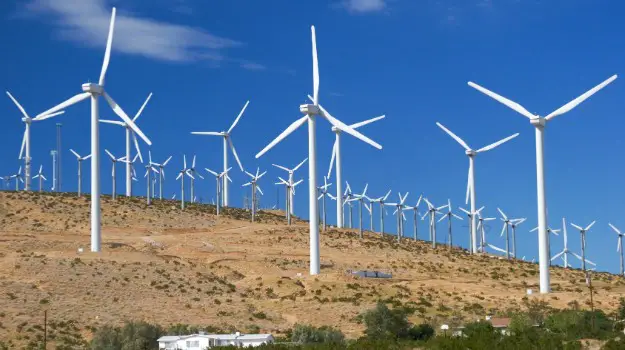Financial closure for the 250MW West Bakr wind farm project in Egypt has been reached nearly four years since the developer, Lakela Power, a 60-40 joint venture between Actis and a consortium led by Ireland-based wind and solar developer Mainstream Renewable Power, first signed a memorandum of understanding (MoU) over the project.
The US government’s Overseas Private Investment Corporation (OPIC), the International Finance Corporation (IFC) and the European Bank for Reconstruction and Development (EBRD) have provided subsidy for the project. Also Read:Egypt to hold community consultation for Hamrawein coal power projectConstruction work to commence the soonest.
Lekela CEO Chris Antonopoulos announced that at this stage construction works should commence as soon as possible at the projects site situated 30 km north-west of Ras Ghareb, the northernmost of the markazes (municipalities) in the Red Sea Governorate of Egypt. The power plant will be fitted with 96 units of Siemens Gamesa Renewable Energy’s (BME:SGRE) SG 2.6-114 turbines through a turnkey engineering, procurement and construction (EPC) contract, that states that the later will provide a 15-year long-term maintenance services as well. Lakela West Bakr wind farm is expected to be fully operational in 2021 with a capacity to produce 1,000GWh per year, enough to power more than 350,000 homesteads.Wild life protection initiative
Lekela power has put into consideration that the West Bakr Wind farm site is a significant bird migration path and is therefore working closely with authorities to ensure that wildlife is protected. For instance, it has signed a protocol with the Egyptian Environmental Affairs Agency and its Migratory Soaring Birds project to contribute towards the funding and implementation of the Migratory Birds Monitoring training programme.Furthermore, the company is participating in a “shut down on demand” programme. This programme will enable the turbines to stop when birds are detected.

